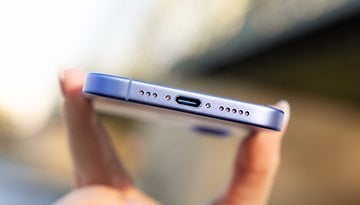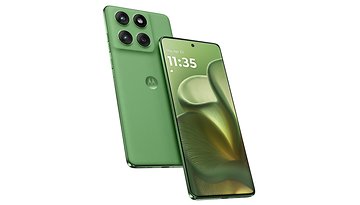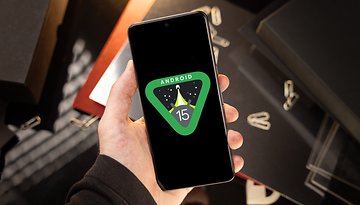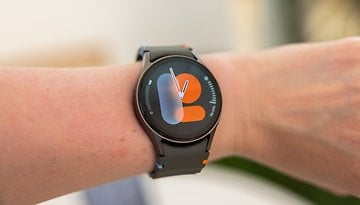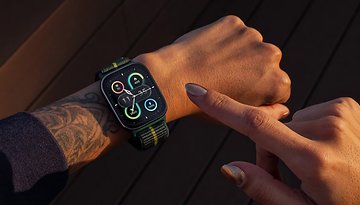Android 16 Surprise: Samsung’s Foldables Could Beat Pixel 10 to the Punch
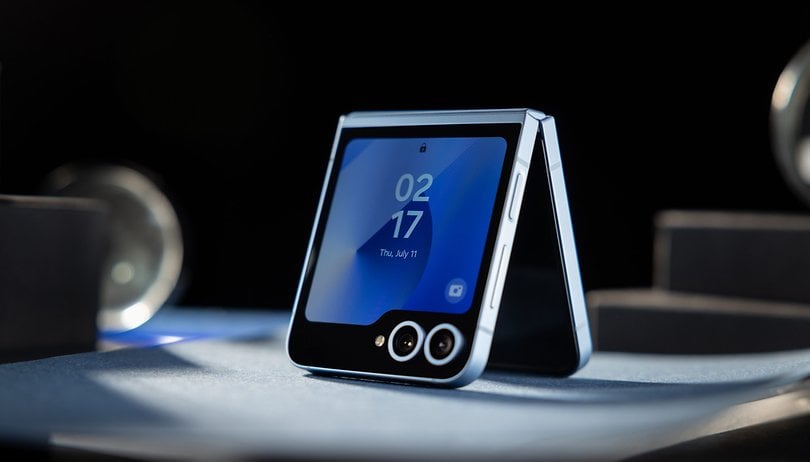

Samsung's One UI 7 update, based on Android 15, has faced significant delays. However, it's finally starting to roll out in select countries today. A new report suggests Samsung may make up for the wait by launching One UI 8, Samsung's skinned version of Android 16, alongside its next-generation foldables as early as July.
If you’re a Samsung fan, you’ve probably noticed the extended wait for One UI 7. The beta only launched in December for the Galaxy S24, and the public update is expected to reach eligible Galaxy devices this week. Initially, Samsung was vague about which other Galaxy models would qualify, but the list expanded mid-way through the beta program. Now, users might be compensated for the delay with an earlier release of One UI 8.
New Foldables, Fresh Android OS
According to insider information shared by SamMobile, the Galaxy Z Fold 7 and Galaxy Z Flip 7 are expected to debut with One UI 8 pre-installed, skipping One UI 7 entirely. While these foldables haven’t been officially confirmed, if Samsung follows its usual launch pattern, they could arrive in July—roughly a year after the Galaxy Z Fold 6 (review) and Z Flip 6 (review).
If this pans out, the Galaxy Z Fold 7 and Z Flip 7 could be the first Galaxy devices running Android 16, beating even the Galaxy S25 series, which is expected to get the One UI 8 beta first, and potentially Google's next-gen Pixel lineup, typically announced in the fall.

An early release of One UI 8 may also benefit other Samsung devices, reducing the wait time between One UI versions.
This timeline wouldn’t be too surprising, as Android 16 is set to launch earlier than usual this year. The beta program is already live, and Google has confirmed I/O 2025 will take place in May—likely when the final version of Android 16 will be released for current Pixel models.
What’s New in Android 16?
Android 16 introduces a host of new features and enhancements. These include improved camera controls and Ultra HDR support, along with support for the APV codec—another camera-focused upgrade.
Visually, stock Android will feature a redesigned Quick Panel and system settings. Accessibility improvements like a refined dark theme and enhanced brightness controls are also on the way, though their appearance may vary in skinned versions like Samsung’s One UI. A standout new feature is Live Notifications, which displays dynamic or ongoing notification updates on the lock screen and status bar.
Additionally, a new battery health management system is expected to help prolong battery life by optimizing charging and power usage—something Samsung could adopt. Android 16 will also bring several privacy and security improvements, including faster access to permission settings and app access controls.
Should Samsung prioritize an earlier One UI 8 release or focus more on optimization? Are you excited to upgrade your Galaxy device to Android 16? Let us know in the comments below!
Source: SamMobile
